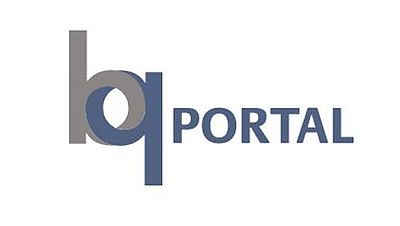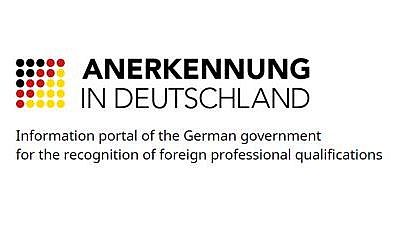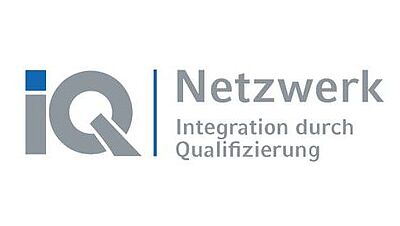
Recognition of foreign qualifications
A formal recognition or assessment of qualifications helps you to identify what competences your new skilled worker brings with them.
Your company should know and judge what qualifications and skills foreign applicants have to offer. The chambers of trades and government agencies will help you in evaluating qualifications – such as university or vocational diplomas – and in comparing them with those of German employees.
Which regulations apply to which occupations?
Under the Federal Recognition Act (Anerkennungsgesetz) every foreign skilled worker is legally entitled to have their professional qualification examined for equivalence. This applies if the qualified worker has a foreign professional qualification and intends to exercise gainful employment in Germany.
If the German reference occupation (comparable occupation) is governed by federal law, the qualification is examined for equivalence under the Federal Recognition Act (External link) . This applies both to non-regulated and regulated occupations. The majority of regulated occupations, such as physicians and pharmacists, are governed by laws specific to them. These include the special provisions concerning EU and EEA nationals. You will find further information about the special provisions concerning EU and EEA nationals on the Recognition in Germany (External link) portal.
For occupations subject to the jurisdiction of the federal states (e.g. architects, teachers and educators), the corresponding state law applies. You will find further information about the legislative competence of the federation or the federal states on the Recognition in Germany (External link) portal.
The “Unternehmen Berufsanerkennung” project offers companies concrete guidance as well as opportunities in communication and networking regarding the recognition of professional qualifications. The contact responsible for crafts businesses is the project office of the ZHW (Zentralstelle für die Weiterbildung im Handwerk e.V.) in Düsseldorf. Companies from industry and trade put their requests to the project office of the DIHK Service GmbH in Berlin. Please click here (External link) for contact details.
For academic qualifications which are not a prerequisite for a regulated occupation, such as economists or IT specialists, various laws apply. The Central Office for Foreign Education (ZAB) is responsible for conducting the “certificate assessment for foreign university qualifications”. You can find out more on the website of the Standing Conference of the Ministers of Education and Cultural Affairs (External link) .
The BQ-Portal provides profiles of various countries and professions for a more accurate assessment of foreign qualifications. Here (External link) you will find comprehensive information on vocational training systems and the vocational training content in different countries worldwide.
The recognition procedure: advantages for businesses
Getting a foreign qualification recognised is a prerequisite for exercising regulated occupations, such as professions in the medical sector. The BerufeNet database (External link) (available only in German) has a list of all regulated professions in Germany.
For non-regulated occupations, which include most of the 327 professions in the dual education system, the recognition procedure is not compulsory. However, it can aid in providing transparency. Moreover, it can support the assessment procedure of a person’s professional capabilities, which can in turn help to evaluate their needs for additional training or retraining.
Try not to evaluate the applicant solely on the basis of their formal qualifications or certificates and take other skills, such as personal and professional experience, into account as well. Additional language or cultural skills can also be regarded as a bonus.
Important: Recognition of professional qualifications may be relevant for the visa
In certain cases, recognition of a foreign professional qualification (vocational training) is a prerequisite for issuing a visa to third-country nationals – for example, for the work visa for qualified professionals. Whether recognition is required depends on the intended residence title and the profession (regulated or non-regulated). Find out early on what requirements apply to your skilled worker. This will help you avoid delays in the visa process.
Information on the web
- Recognition of qualifications in Germany Recognition Finder
- The EU Recognition Directive
- Regulations of the federal states
- Financial aid for the recognition procedure
- The Central Office for Foreign Education (ZAB) Recognition of foreign diplomas
- European Commission Database of regulated professions
- Unternehmen Berufsanerkennung Information about the recognition of professional qualifications
- Network IQ Explore the IQ services in your area
- German Economic Institute The potential of professional recognition in the immigration of skilled workers (available in German)
- ProRecognition Contact and advice centres at ten Foreign Chambers of Commerce
Do you have any questions?
Receive advice on recruiting skilled workers from abroad. Our experts will gladly help you. Get more information on the different ways of contacting us by clicking on one of the symbols.





